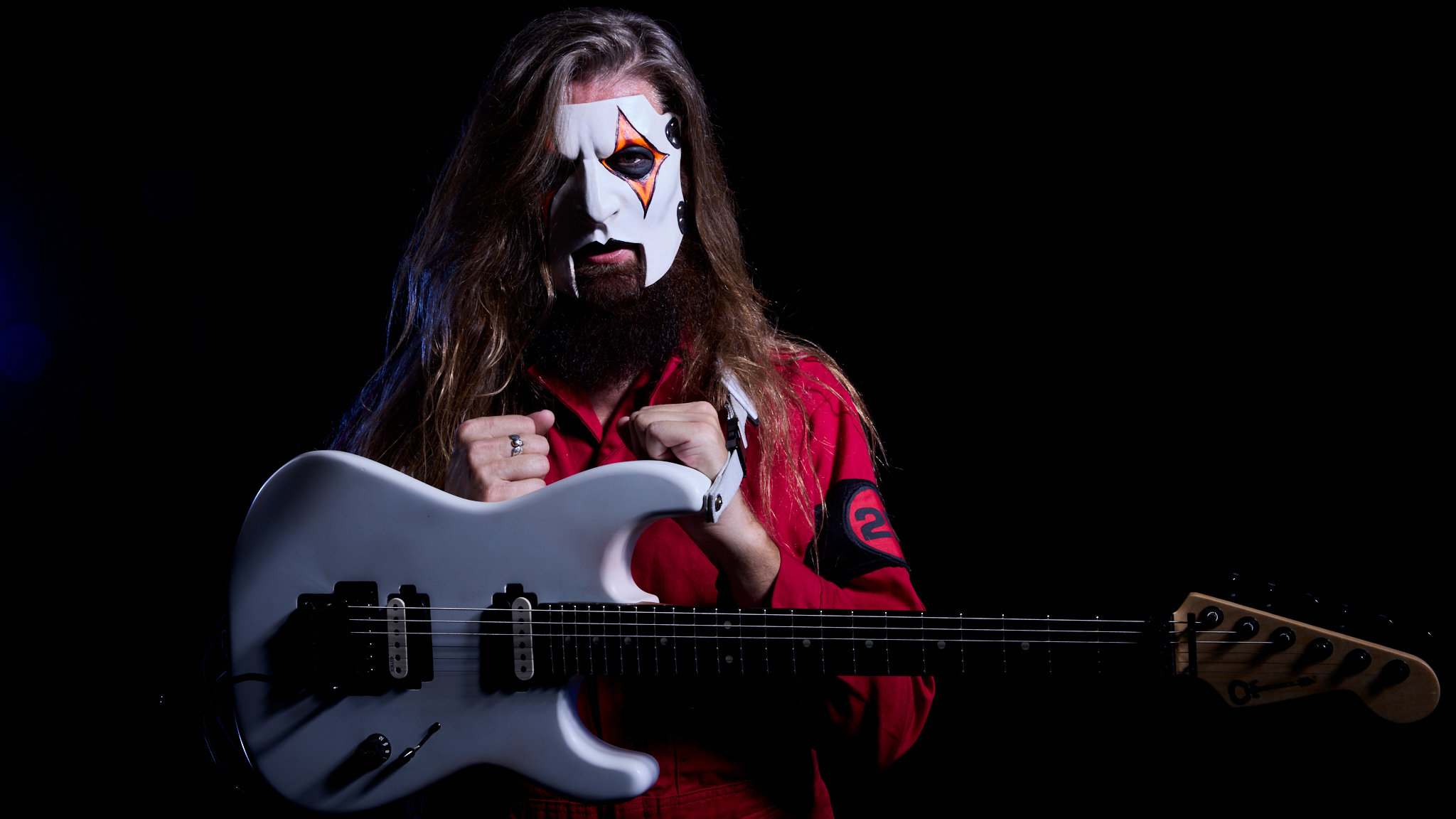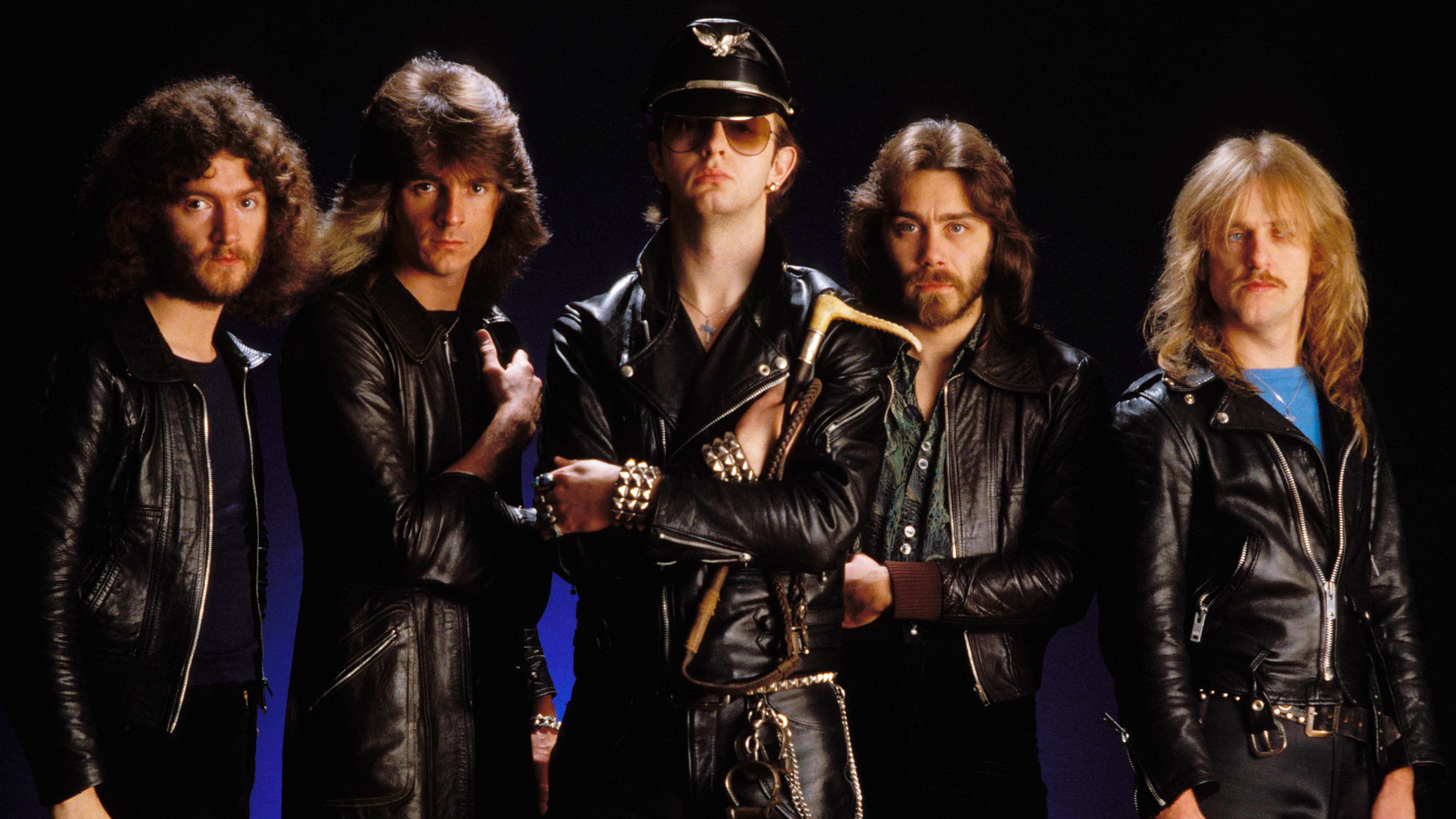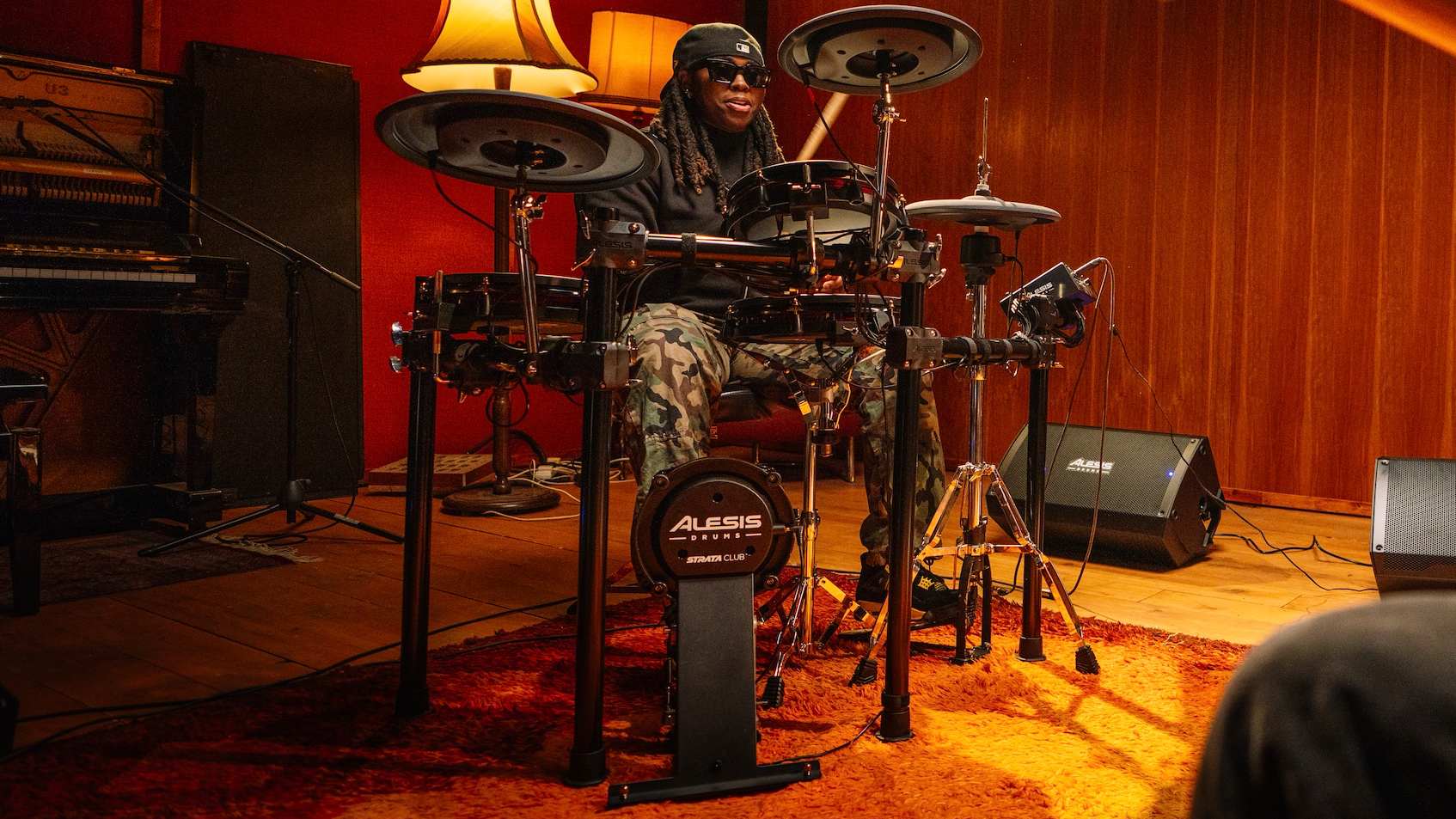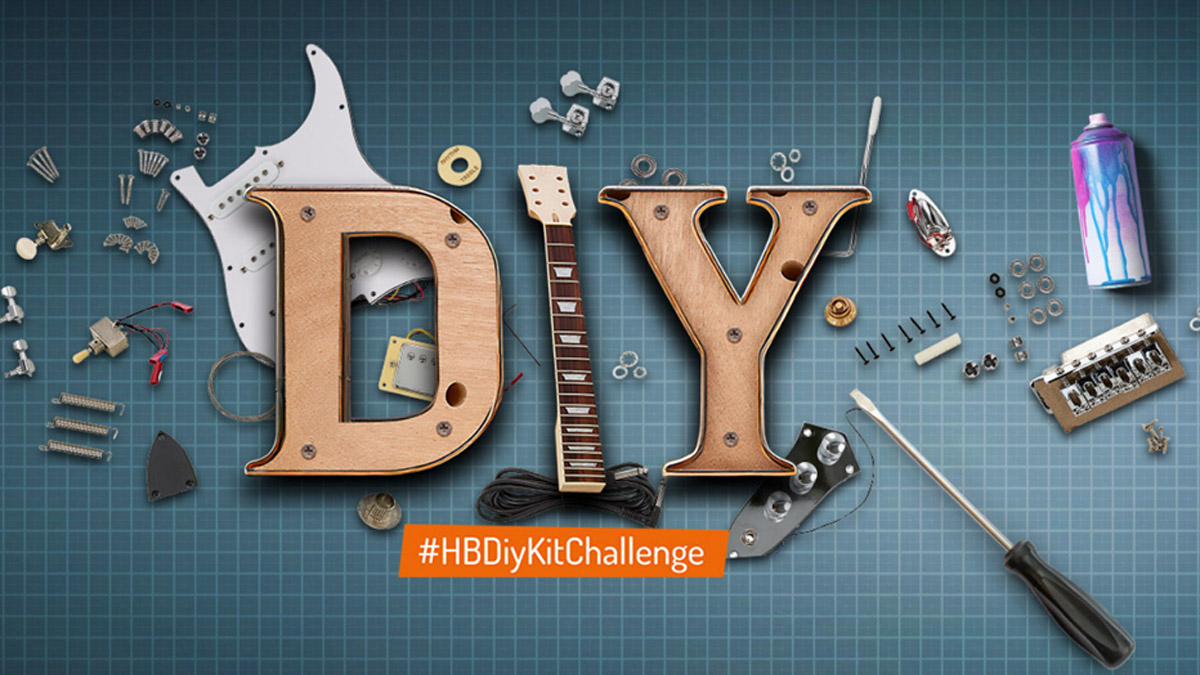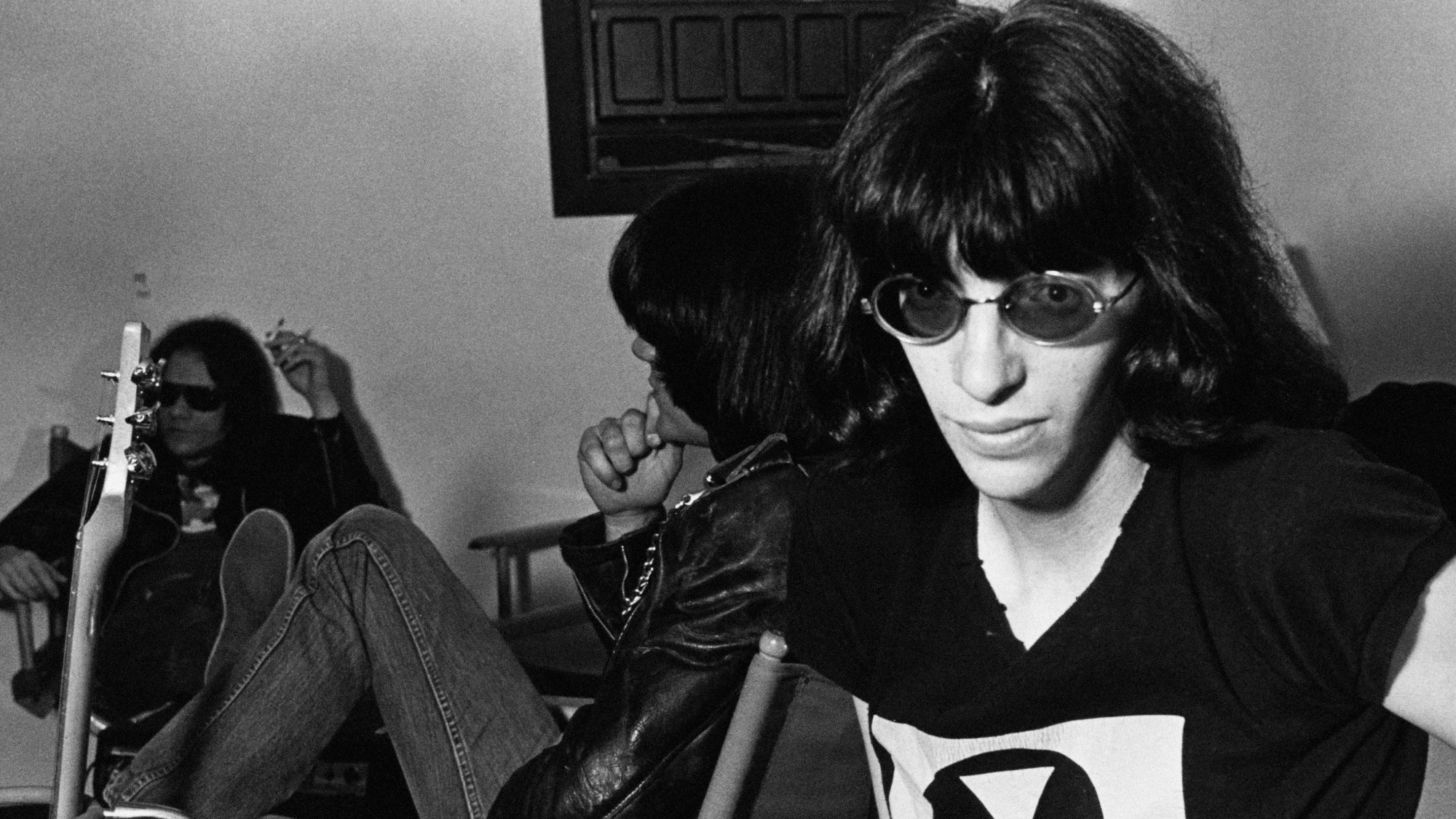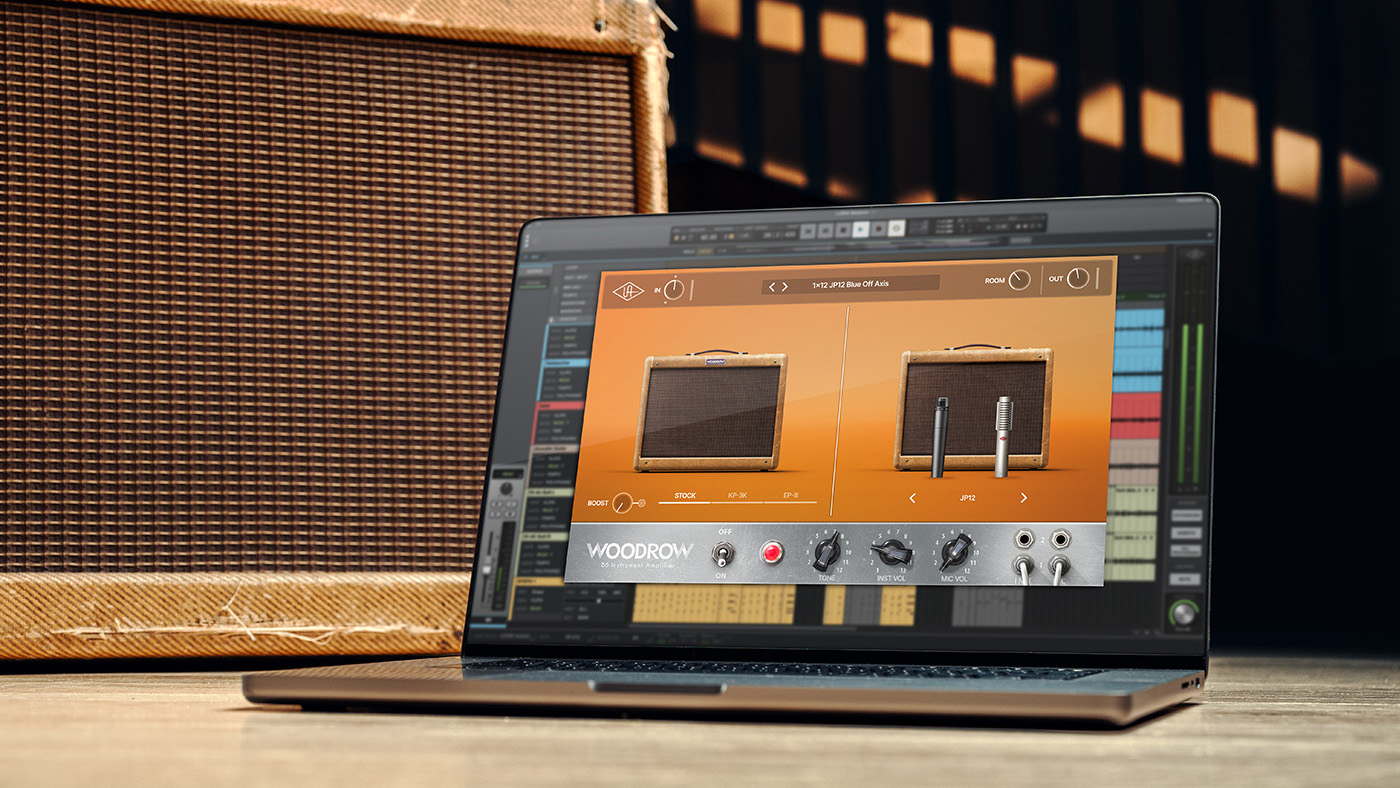"Even before we got to the day of the show, there was a ‘concern’… a concern with Liam" – the story behind the farce and the glory of Oasis’s infamous 1996 MTV Unplugged performance
Riding high after playing to 250,000 people at Knebworth, Oasis set about rehearsing for a very different kind of show – an intimate MTV Unplugged performance from the Royal Festival Hall. But within days, it was clear all was not going to plan…
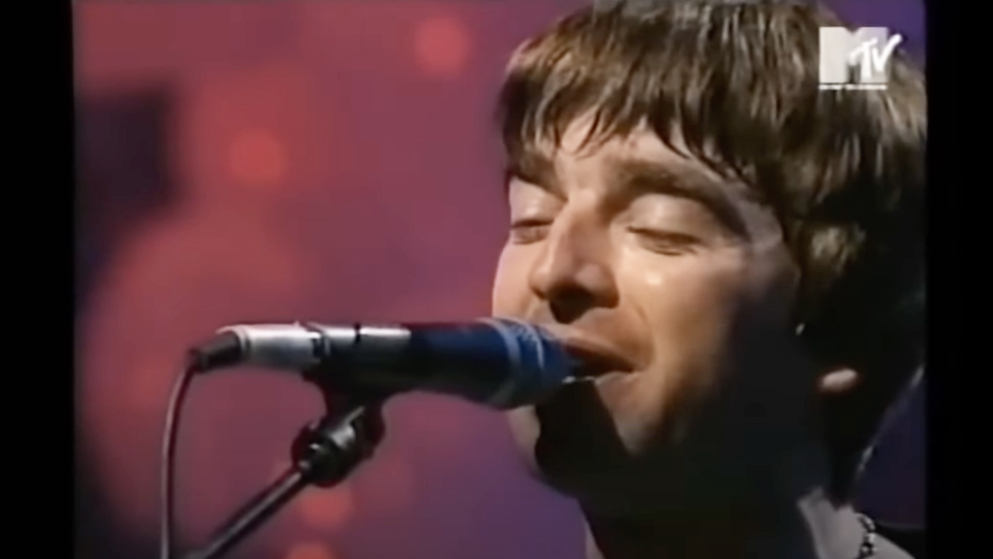
It was a concept that appealed to artists and fans in equal measure: a set of songs delivered in a stripped-back format with little or no amplification and in a setting so intimate that each could see the whites of the other’s eyes.
For the artist, it offered the chance to demonstrate that even with back-to-basics instrumentation, their songs had just as much power and emotion. For the fans, it offered an invaluable glimpse of seeing and hearing material reimagined in a far more intimate setting.
The MTV Unplugged series was an almost immediate success. Launched in 1989, it gave us landmark performances and yielded classic albums in their own right. Highlights included Neil Young performing a mesmerising rendition of Harvest Moon, accompanied by guitar tech Larry Craggs on ‘broom’; and Nirvana unveiling inspired covers, such as The Vaselines’ Jesus Don’t Want Me For A Sunbeam and David Bowie’s The Man Who Sold The World.
But for all its triumphs, the series was not without controversy. Neil Young, for example, was allegedly so concerned by the performances of some of his musicians on the first taping of his Unplugged in December 1992, that he simply exited the nearest studio door and walked briskly down Broadway, forbidding the set from ever being broadcast. Two months later, he returned with a different line-up, and delivered an iconic set that is as haunting as it is heartfelt.
The Nirvana session too was allegedly fraught with problems. On the day before Nirvana’s performance on 18 November, 1993 at Sony Studios in New York City, Kurt Cobain refused to play. He did eventually show up, but he was suffering from extreme anxiety and in the middle of a severe drug withdrawal. As one of the production team put it: "There was no joking, no smiles, no fun coming from him... everyone was more than a little worried about his performance."
Despite the show's acoustic premise, Cobain insisted on running his acoustic guitar through his Fender Twin Reverb amp and effects pedals. The show’s producer Alex Coletti built a fake box in front of the tube amplifier to disguise it as a monitor wedge.
"It was Kurt's security blanket,” Coletti told Guitar World in March 1995. “He was used to hearing this guitar through his Fender. He wanted those effects."
Get the MusicRadar Newsletter
Want all the hottest music and gear news, reviews, deals, features and more, direct to your inbox? Sign up here.
The performance turned out to be one of Nirvana’s best ever, due to the band’s determination to approach the show from a different angle than previous acts that had appeared, as Dave Grohl recalled: “We’d seen the other Unpluggeds and didn’t like many of them because most bands would treat them like rock shows – play their hits like it was Madison Square Garden, except with acoustic guitars.”
And then there was the infamous Oasis MTV Unplugged. By the mid-'90s the format was seen as a rite of passage for the biggest artists in the industry so it was no surprise when Oasis were announced for a show that would be recorded on 23 August 1996 at Royal Festival Hall.
By this point, the band were riding high on the success of their second album (What’s The Story) Morning Glory? It had been a colossal global success, selling four million albums on release and going on to shift 22 million copies by 2008. The album yielded classics such as Wonderwall, Don’t Look Back In Anger and Champagne Supernova.
This stellar period for the band culminated on 10 and 11 August with two massive shows at Knebworth House, playing to crowds of 125,000 each night, with 2.5 million people applying for tickets. It was a record-breaking number for an outdoor concert and remains the largest demand for a show in British history.
The Knebworth shows were a majestic, euphoric rush for the band, who then had just twelve days to prepare for a wholly different kind of performance – the pared-down acoustic MTV Unplugged show at the 2,700 capacity Royal Festival Hall on London’s South Bank.
Liam was in the paper a lot leading up to the Oasis Unplugged, he was portrayed as a bad boy
Production manager Claire Wool
From the outset, rehearsals were rocky. “Even before we got to the day of the show, there was a ‘concern’, a concern with Liam,” Jac Benson, the associate producer of the show recalled in a documentary about the MTV Unplugged series. It was a view echoed by fellow production manager Claire Wool. “Liam was in the paper a lot leading up to the Oasis Unplugged, he was portrayed as a bad boy.”
On the first day of rehearsals Liam Gallagher allegedly complained of a sore throat, walked off stage and left. “At some point during the song [Live Forever] Liam would point to his throat like ‘I can’t go on anymore’,” recalled one of the production crew. “Noel would start singing, Liam would walk off and the rehearsal would continue to go on”
On the second day, Liam made it clear he didn’t want to sing too much in case it damaged his voice. He sang just three songs, leaving brother Noel to take up vocal duties once again. Liam was present for three days of the rehearsal although the production team were becoming increasingly concerned by his appearance.
“Second day, we go back, he turns up a little later, sings a little less,” recalls one production crew member in a documentary about the classic MTV Unplugged series. “I distinctly remember he came in a natty little green shirt, cream shorts, green shoes, it was really thought out. Third day of rehearsal he shows up, he’s wearing the same clothes. He hasn’t shaved, he sings three songs and leaves”
For the briskly professional American production crew. Liam’s seeming indifference was baffling. Major bands and their labels were clamouring to get on this hugely popular format, which had the potential to send sales of albums through the roof. It also threw the whole production into question.
“We were being told he didn’t want to sing too much because he wanted to save his voice,” recalled Jac Benson. “But you get to the point where it’s like ‘What’s up with this guy? Is he going to show or not?’
I think we’d rehearsed for two weeks beforehand and Liam only turned up once or twice
Noel Gallagher
Noel Gallagher was pondering exactly the same question. “I think we’d rehearsed for two weeks beforehand and Liam only turned up once or twice,” recalled Noel in the documentary. “The day of the performance, he hadn’t turned up and there were rumours that he’d been out drinking for a couple of days… and nobody knew where he was. About an hour before we were due to go on, he turned up, absolutely sh******d. We said, well look, let’s see if you can sing a couple of songs, and it was f*****g dreadful.”
Facing the prospect of a Oasis MTV Unplugged without the lead singer, the production crew had to make the decision whether to proceed or abort. But abandoning the show at this late point made no practical sense. “We had the whole crew there, everybody was standing by so the decision was ‘let’s go ahead and tape the show and then see what happens after that’,” recalled one of the production team.
At the allotted stage time, the announcement came over the PA: ‘Ladies and Gentlemen… Oasis’. “We just walked out and he wasn’t there,” said Noel “He was just like ‘I’m not doing it’,” recalled Noel. “Liam aint gonna be with us tonight cause he’s got a sore throat,” Noel told the audience as he picked up his acoustic and sat down on a high stool. “So you’re stuck with the ugly four.”
One thing that impresses when watching the band’s performance twenty seven years on, is how calm and unflustered Noel Gallagher is during rehearsals and how easily and naturally he picks up the reins as lead vocalist on the live taping at the Royal Festival Hall. But given the events unfolding during the rehearsals he probably realised early on that a Liam-less version of Oasis was a very likely outcome.
In the event, Noel and the band delivered an iconic set – a commanding and heartfelt performance, enhanced by horns and strings. Admittedly, it didn’t have the force and visual impact that Liam would have given the songs, but Noel’s delivery resonated with emotion and intent.
“There was almost this kind of feeling that Noel was enjoying that moment too,” recalled one of the production team. “Where he had this opportunity to sing his own lyrics.”
It was a view shared by Lindsay Zoladz, in a retrospective review of the performance in June 2020. “Noel’s voice doesn’t quite have the range of his younger brother’s,” she wrote. “It’s more plaintive, sincere and occasionally wobbly — but he was more than up to the task of fronting Oasis for the night. There was something poignant about it, listening to Noel brush up against his limitations as a vocalist but also connecting with these great songs in the manner he must have written them, sitting there unassumingly with his acoustic guitar.”
Noel himself comcurred: “I think I did a f****** great job to be quite honest with you.”
I remember hearing someone say ‘Liam’s in the house’
But the set wasn’t without incident. A few songs in, Jac Benson received a message in his ear monitors. “I remember hearing someone say ‘Liam’s in the house’,” recalled Benson. “One of the camera guys pans up and there’s Liam with some champagne. He was drinking and just slow handclapping. As soon as he knew the camera was on him he sort of acknowledged the fact that ‘yes I’m up here drinking in the balcony and not performing today’.”
Liam then began heckling his brother and the rest of the band down on the stage. “I was like ‘thanks’,” recalled Noel, who at one point told Liam to shut up, “the least you could do is show a bit of support”.
And of course then Liam comes on and he wants to sing – we told him to f*** off
Noel Gallagher
The difficulties didn’t end there. At the end of the show, the producer told Noel, the band and the audience that they needed to just do the first song of the set again. “And of course then Liam comes on and he wants to sing.” recalled Noel. “After we’ve played for an hour and a half or something. We told him to f*** off. And he went home sulking.”
The performances of non-album single Whatever and b-side Listen Up were cut from the final TV release, though professionally shot footage of the songs can be viewed above and below.
Through the performance, Noel plays a Takamine FP-460SC cutaway electro-acoustic guitar, and it's likely this is the same guitar that has an interesting history for Oasis guitar fans. Noel used it during both nights and Knebworth and it was used to record Wonderwall at the Coach House studio at Rockfield Studios near Monmouth for the Morning Glory sessions.
Later, during the recordings for follow-up album Be Here Now at Abbey Road Studios, Noel gifted it to engineer Nick Brine after Brine's own guitar got smashed during a Gallagher brothers altercation in the control room. "Someone called Liam had smashed my guitar up," was Noel's recollection in the Return To Rockfield documentary.
Despite its problems, or possibly because of them, Oasis delivered an absolute classic of the MTV Unplugged series, and Noel’s last-minute shift to lead singer only heightens the drama. There’s a real intimacy and beauty to the performance – reinforcing the creative value of the whole Unplugged ethos. And, of course, the no-show of Liam and his subsequent heckling appearance from the balcony ultimately made for great TV. As The New York Times put it: “The entire Shakespearean rivalry of the Gallaghers, condensed into a single performance.”
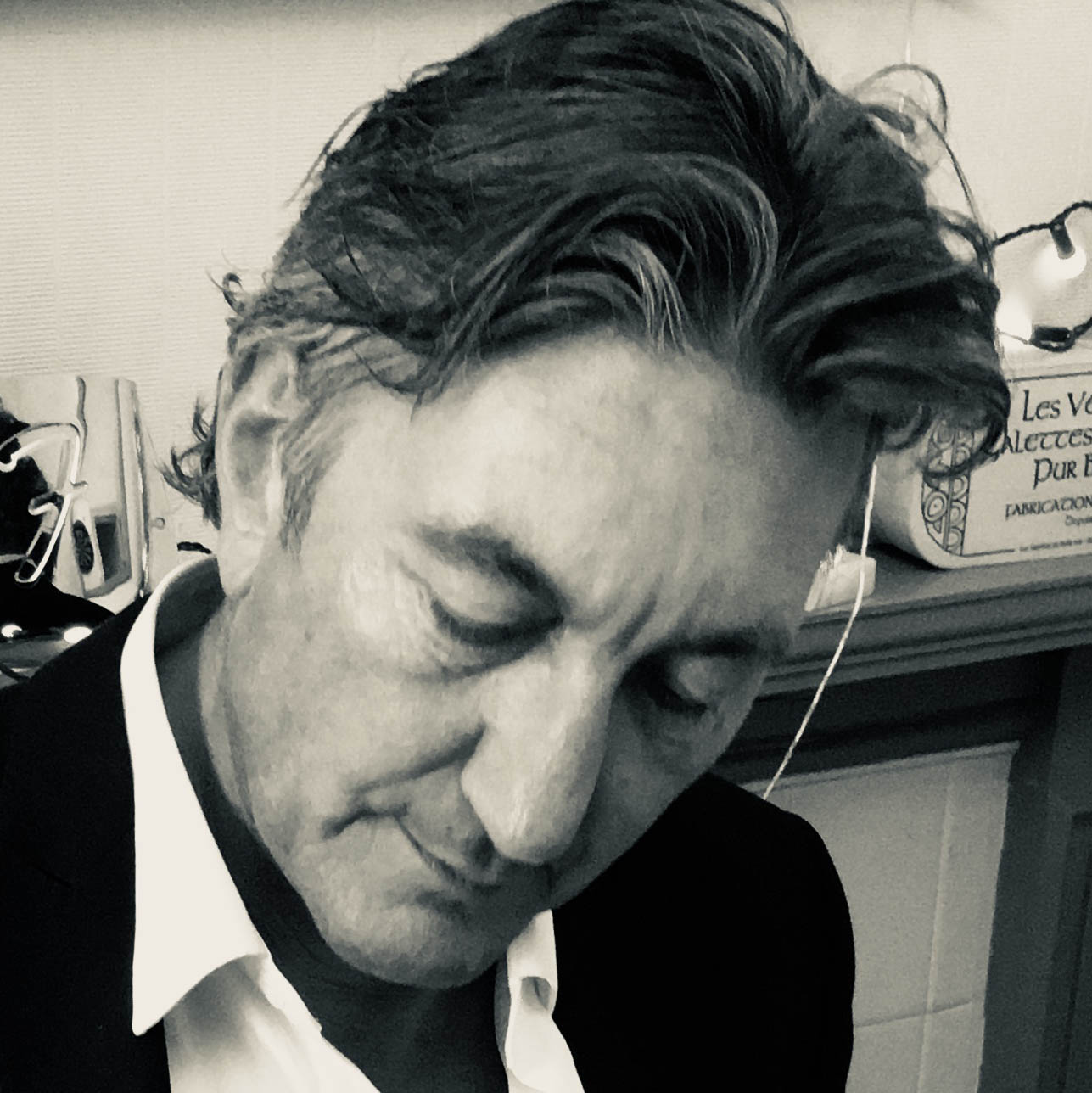
Neil Crossley is a freelance writer and editor whose work has appeared in publications such as The Guardian, The Times, The Independent and the FT. Neil is also a singer-songwriter, fronts the band Furlined and was a member of International Blue, a ‘pop croon collaboration’ produced by Tony Visconti.
- Rob LaingReviews Editor, GuitarWorld.com and MusicRadar guitars


